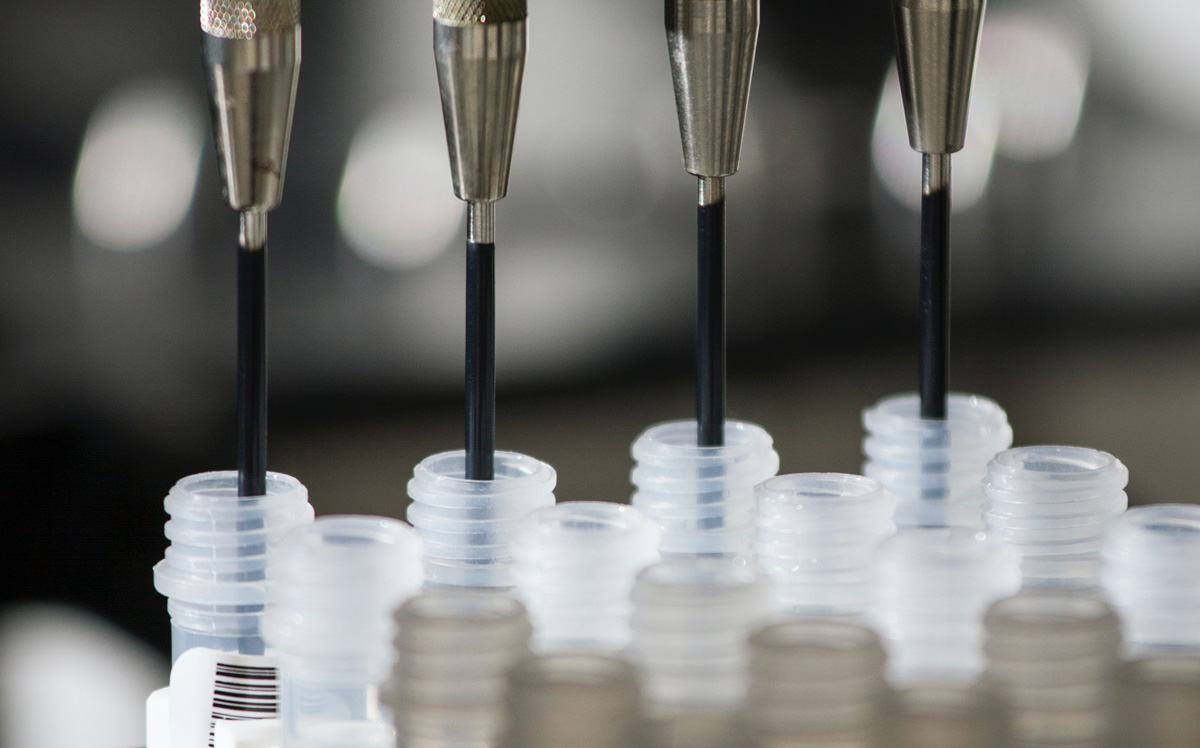
A new research project at the University of British Columbia may produce new treatment methods for patients with COVID-19 and help prevent transmission of the deadly virus.
The project, led by two experts in infectious diseases—Dr. Horacio Bach (HB) and Dr. Ted Steiner (TS), professors in UBC’s faculty of medicine—aims to develop antibodies to prevent the novel coronavirus from entering cells in our body.

Dr. Horacio Bach
How will your research use antibodies to develop new treatment methods for COVID-19 patients?
HB: When you contract a virus, including the coronavirus, your immune system creates antibodies, which essentially coat the virus and prevent it from entering cells. As part of our research project, we are studying the effects of engineered antibodies on the coronavirus, and trying to find the perfect antibody that could be used as treatment or pave the way for a vaccine.
What are the basic steps you and your team plan to take?
HB: We plan to begin working with the actual coronavirus in August, first testing types of engineered antibodies on mice. If we find an antibody that works well in animals, we can progress to a second phase involving patients with COVID-19—probably around 10 patients—who will receive the antibody through nasal inhalers or IV treatment. We’ll test and monitor for safety before testing for effectiveness with a larger group of patients.

Dr. Ted Steiner
What types of precautions are necessary when conducting research with actual samples of this novel coronavirus?
TS: We’ll be working with the virus in a special facility at UBC. The lab will have negative air pressure, special gowns, special masks, and you’ll require a special permit to access the area. During the pandemic, things are moving a lot faster than they normally do, in terms of permits and getting clearance to work with a live virus, but of course safety and security remain a top priority.
You’re also studying the difference in immune responses between men and women—why is this important?
TS: With COVID-19, men and women are getting infected at roughly equal rates, but men get sicker. When we infect the cells or organoids (essentially, human tissue derived from biopsies) with other coronaviruses in a laboratory setting, we can see whether the response is different in male and female cells. No one else is currently doing this type of research, which could have real implications in the way we understand this novel coronavirus and how to treat male and female patients with COVID-19.